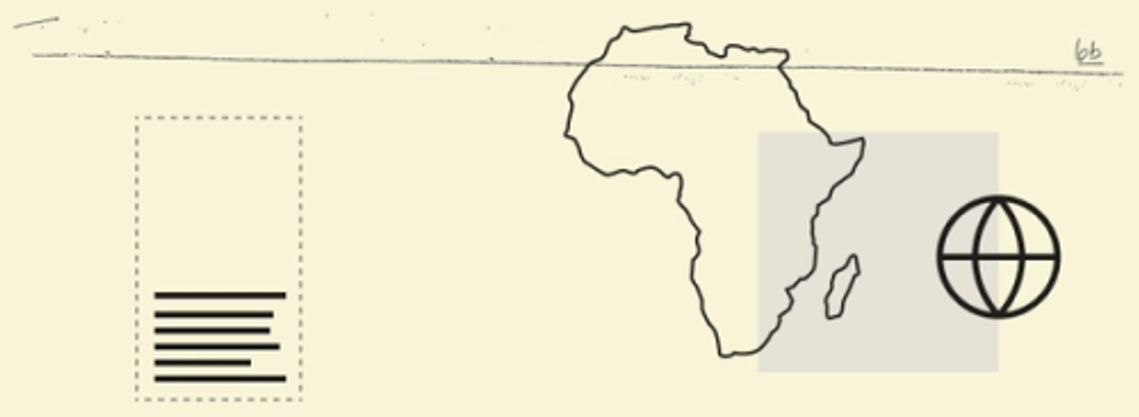  Alex McBride/AFP via Getty Images Alex McBride/AFP via Getty ImagesGovernance 🇸🇸 South Sudan’s President Salva Kiir and Vice President Riek Machar have “agreed in principle” to postpone the 2024 elections, a senior opposition official told Sudans Post. The official said the two leaders would work on the terms of the agreement, including the timeframe for elections. 🇲🇱 Political parties and civil society organizations in Mali have urged the country’s Supreme Court to annul an order by the ruling junta suspending political activities. Mali’s junta seized power in a coup in 2021 and has yet to organize elections to restore civilian rule. 🇰🇪 Kenya’s environmental authority this week announced a ban on the use of plastic bags for collecting organic waste, which is set to take effect in three months. Kenya banned single-use plastic bags in 2017. 🇨🇬 Congo Brazzaville on Tuesday declared an epidemic of mpox after 19 confirmed cases. The World Health Organization renamed the virus mpox to replace the term monkeypox. Deals 🇿🇦 A proposal by BHP, the world’s largest mining group, to acquire its rival Anglo American for £31 billion ($39 billion) has been criticized by the latter as an “opportunistic” bid, the Financial Times reported. South African state-owned entity PIC is the biggest shareholder of Anglo American. 🇿🇦 South Africa’s Standard Bank invested in Acre Impact Capital’s Export Finance Fund I with a target raise of $1.7 billion of private capital for renewable energy, health, food, water security, and green transportation projects in Africa. 🇰🇪 Kenya-based FSD Africa Investments will invest $1 million in Linea Capital, a South African investment firm that funds small businesses. 🇳🇬 Stanbic IBTC bank in Nigeria intends to raise 550 billion naira ($458 million) to meet the central bank’s new capital requirements. Climate Wang Guansen/Xinhua via Getty Images Wang Guansen/Xinhua via Getty Images🇰🇪 Kenya-based e-mobility startup BasiGo received orders for 500 electric buses from public service vehicles operators in Nairobi, it said on Tuesday. 🇰🇪🇧🇮 East Africa has been hit by massive flooding following weeks of torrential rainfall. The rains in Kenya have killed at least 32 people and displaced more than 40,000, while Burundi has called for international assistance. 🇹🇿 Tanzania’s prime minister on Sunday flagged off a trial run of the country’s third electric standard gauge railway from the port city of Dar es Salaam to the capital, Dodoma. Tech 🇨🇩 Telcos in DR Congo — Orange, Vodacom, Airtel and Africell — agreed to collectively pay an extra $5.8 million in taxes per month following a stand-off with the government that threatened their operating licenses, a Bloomberg report reveals. 🇿🇦 A glitch on the app of South African bank FNB exposed personal information of 88 home loan applicants last year, an industry regulator’s preliminary investigation found. 🌍 Three African tech startups — Kola Market, GoBEBA, and New Form Foods — received $200,000 each from Madica Ventures, a US-based Africa focused investor. Geopolitics 🌍 The US Department of the Treasury on Tuesday imposed sanctions on leaders of militant groups for “hostage-taking and wrongful detention of civilians.” The sanctions affect leaders of the West African branch of al Qaeda and Islamist militant group Al-Mourabitoun. Energy 🇿🇲 Zambia’s state-owned electricity utility Zesco said on Monday it was considering importing power to plug a potential energy deficit that could affect output. The southern African nation generates 86% of its electricity from hydropower stations, which have been affected by severe drought. |